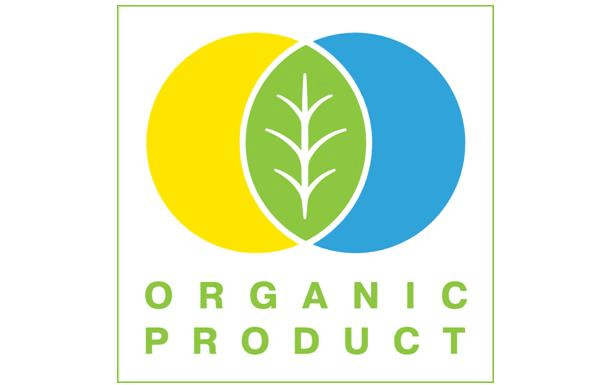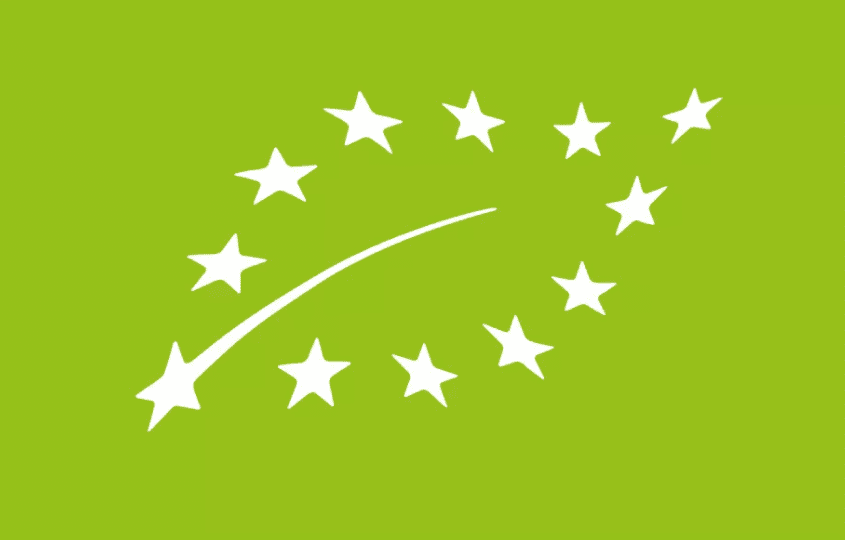Certification of Aquaculture and Seaweed Production
Conducting certification of organic production in the field of Aquaculture and Seaweed is an important direction of our activities, in which we have extensive experience. Precisely, the first project in Ukraine was implemented under the Organic Standard certification.
Organic aquaculture and algae refers to organic production associated with the artificial breeding, maintenance, and cultivation of aquaculture organisms in compliance with the requirements of organic standards and regulations.
We have a proven track record in certifying aquaculture animals under international standards, including the EU Organic Regulation, both within Ukraine and abroad.
The range of aquaculture products certified by Organic Standard in Ukraine includes both fish in inland waters and salmon and sturgeon in freshwater. Shrimp, crayfish, mollusks, algae cultivation, and wild algae harvesting are also subject to certification.
Certification involves the thorough verification and assessment of production methods and products to ensure compliance with organic regulations. Upon successful certification, we issue internationally recognized certificates, granting our clients access to premium organic markets.
Organic Standard provides a comprehensive range of services that encompass inspections and certification based on various standards and ongoing support for the Operator during the entire certification process. We place great importance on the expertise of our specialists and continuously enhance their skills and qualifications. As a result, this approach allows us to deliver high-quality service to our clients.
Requirements for Aquaculture and Seaweed Production and Harvesting
The general requirements for organic aquaculture and production/collection of seaweeds are as follows:
- Operations shall be situated in locations that are not subject to contamination with products or substances not authorised for use in organic production, or with pollutants that would compromise the organic nature of the products.
- The use of non-renewable resources and external inputs shall be limited to minimum.
- The continuing health of the aquatic environment and the quality of surrounding aquatic and terrestrial ecosystems shall be guaranteed.
- The adaptability of aquaculture animals to fully or partially controlled conditions shall be considered first.
- Aquaculture animals shall be treated humanely to minimize suffering and provide for their physiological and behavioral needs.
- Preventive and control measures shall be implemented at every stage of production, preparation, and distribution when necessary.
- An environmental assessment proportionate to the production unit shall be required for all new operations applying for organic production and producing more than 20 tones of aquaculture products per year to ascertain the conditions of the production unit and its immediate environment and likely effects of its operation.
- The operator shall provide a sustainable management plan for aquaculture animals and seaweed harvesting, in proportion to the production unit.
Requirements for Aquaculture Animal Production
- Organic aquaculture shall be based on the rearing of young stock originating from organic broodstock and from organic production units. Natural reproduction methods shall be mainly used.
- Aquaculture animals shall be fed with feed that meets their nutritional needs at different stages of development. The plant fraction of the feed shall be organic, while the feed fraction derived from aquatic animals shall come from organic aquaculture or certified sustainable fisheries.
- Disease prevention shall be based on maintaining animals in optimal conditions through proper site selection, optimal facility design, and adequate management, including regular cleaning and disinfection of facilities and equipment, the use of high-quality feed, appropriate stocking density, and the selection of suitable species.
- Ultraviolet light and ozone are only permitted for use in hatcheries and broodstock facilities. Artificial heating or cooling of water is allowed only in hatcheries and nurseries.
- For freshwater animals, the type of substrate shall be as close as possible to one in natural conditions.
- Aquaculture complexes with closed-loop recirculation systems are prohibited, except for hatcheries and nurseries or facilities for the production of species used as organic feed.
- Artificial hybridization, cloning and production of mono-sex varieties, synthesis of polyploid forms are prohibited.
- The use of hormones or similar substances is prohibited during organic aquaculture production.
- The use of growth promoters and synthetic amino acids is prohibited.
Requirements for Seaweed Production
- Organic cultivation of marine seaweeds is carried out in coastal areas of the sea that are not polluted with products or substances not intended for organic production or pollutants that pose a threat to the organic nature of the products. It can also be conducted in artificial conditions on land within enclosed production facilities with controlled environmental conditions that comply with the legislation on organic production.
- Seaweed culture at sea shall only utilise nutrients naturally occurring in the environment, or from organic aquaculture animal production, preferably located nearby as part of a polyculture system.
- In facilities on land where external nutrient sources are used the nutrient levels in the effluent water shall be verifiably the same, or lower, than the inflowing water.
- Only nutrients of plant or mineral origin may be used. The use of mineral nitrogen fertilizers is prohibited.
- Harvesting of seaweeds shall be carried out in such a way that the amounts harvested do not cause a significant impact on the state of the aquatic environment.
Organic Standards and Regulations

Organic Legislation of Ukraine
Certification in accordance with the legislation of Ukraine is mandatory for the production and sale of organic products in Ukraine.

IACB Standard equivalent to the EU Regulations
Certification according to the IACB Equivalent EU Organic Production & Processing Standard for Third Countries is currently the only option for exporting organic products from Ukraine to the EU.

EU Regulation 2018/848
Certification in accordance with EU Regulation 2018/848 for exports to EU countries from Ukraine will be mandatory no earlier than 2024.
If you have any questions, please contact our specialist

Olha Akulova
Senior Certification Specialist
